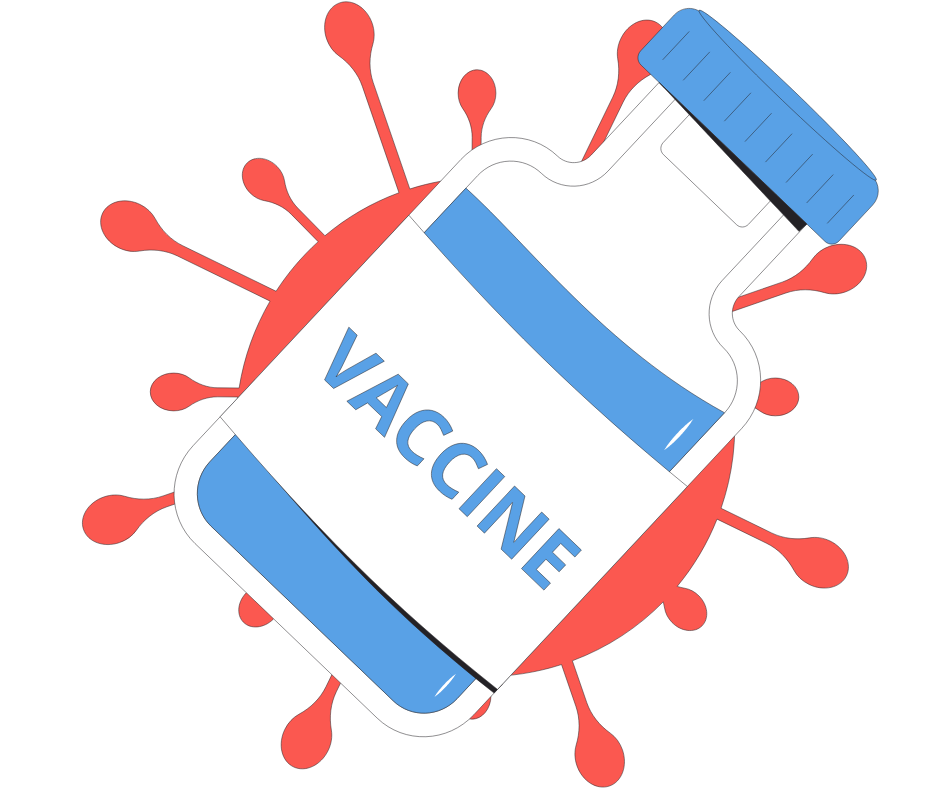If someone receives the vaccine, can they still be a carrier?

*This article was updated on April 16, 2024
While Covid-19 vaccines are highly effective at preventing severe illness and reducing the likelihood of infection, they are not 100% effective at preventing transmission of the virus. It is possible for someone who has been vaccinated to still become infected with the virus and potentially transmit it to others, although the risk is significantly lower compared to someone who is unvaccinated.
This phenomenon is known as 'breakthrough infection,' and it occurs when a vaccinated individual becomes infected with the virus despite being vaccinated. While breakthrough infections are relatively rare, they can still occur, especially with the emergence of new variants of the virus that may have different levels of susceptibility to vaccines.
It's important to note that even if a vaccinated individual becomes infected, they are likely to have milder symptoms compared to someone who is unvaccinated. Additionally, the amount of virus present in their body (viral load) may be lower, reducing the likelihood of transmission to others. However, it is still possible for vaccinated individuals to transmit the virus to others, particularly if they are asymptomatic or have mild symptoms.
To mitigate the risk of transmission, it's important for vaccinated individuals to continue following public health guidelines, such as wearing masks in crowded or indoor settings if you have tested positive for Covid, or you are not feeling well, practicing good hand hygiene, and maintaining physical distance when appropriate. These measures help reduce the spread of the virus and protect those who may be more vulnerable to severe illness, such as the elderly or immunocompromised individuals.
*Here at Tayo we aim to offer the latest and best advice regarding Covid-19 and other common respiratory illnesses. The guidelines and suggestions listed here are based upon the recommendations of the CDC and other health care professionals. However, this advice may not suit each individual circumstance and is just meant as general guidelines. We encourage you to consult with your healthcare provider to get the answers that best suit you and your family’s individual needs.


